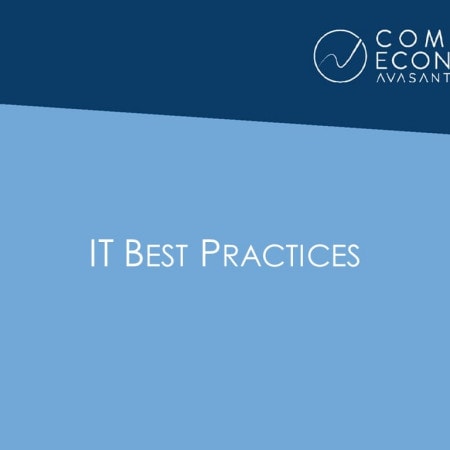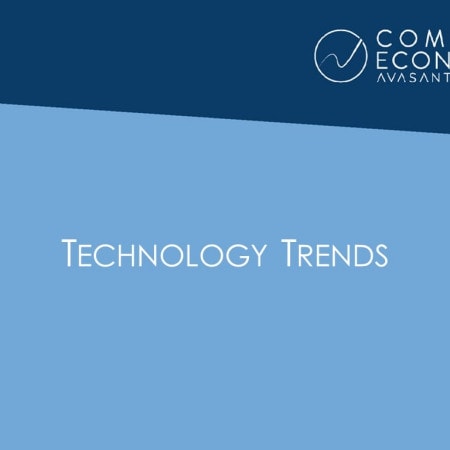-

2005 Malware Report: Executive Summary
This article is an executive summary of our recent study, 2005 Malware Report: The Impact of Malicious Code Attacks. The study, which is widely referenced in the business press, breaks down the total financial impact of malware on businesses by type of cost, based on our interviews and surveys of IT security professionals over the past year. It also highlights the major malware events of 2005, and tracks the worldwide economic impact of viruses, worms, spyware/adware, and other malicious code attacks since 1999. IT executives will find this study as a good source of statistics for developing the business case and budget for antimalware initiatives.
January, 2006
-

Zotob: A Malware Event in Warp Speed
The Zotob attack in August 2005 was not the costliest malware event in history, but it might be the fastest. This article provides a preliminary estimate of the impact of Zotob and why companies have a difficult time with attacks that exploit vulnerabilities so soon after they are exposed.
September, 2005
-

Size Matters When It Comes to IT Security
IT security remains a major concern, from the largest enterprise to the home office user. The recently conducted Computer Economics IT Security Study looked into a variety of issues related to IT security budgets, incidents, and management practices. This report provides a new analysis of these metrics by applying cross comparison of organizational size with IT security problems. This analysis yields useful insights that IT managers may use to more effectively manage security spending.
March, 2005
-

Start 2004 with a Sound Foundation for Enterprise Security
The new year means that IT managers will be applying new budgets toward solving all of the problems inherent in operating their systems. Although security spending represents a relatively small portion of the budget, careful application of those funds is essential in protecting both information and infrastructure. Computer Economics forecasts that about half of all organizations will be hit by at least one security attack during this year.
February, 2004
-

Virus Attack Costs On the Rise–Again
In 2002, the worldwide financial impact from virus attacks dropped for the first time in 7 years. However, fueled by the costly virus Slammer and "The August Can of Worms," the financial impact of virus attacks is on the rise again. Many factors have contributed to the rising costs, including the bleak reality that many companies are still not prepared to handle the threat from fast-spreading virus attacks.
September, 2003
-

Cost of Switching Virus Protection Software
There is a substantial cost in staff time to switch from an installed virus protection software vendor to a different virus protection software vendor.
November, 2002
-

Nearly One-Third of Polled Firms Have No Written IT Security Policy
A survey conducted in June 2002 by Computer Economics revealed that 30% of the organizations polled do not have written IT security policies in place, despite the fact that written policies are key to a successful security effort.
October, 2002
-

Malicious Code Attacks Had $13.2 Billion Economic Impact in 2001
Malicious code attacks continued to have significant economic impact during 2001. The following figures show the Computer Economics analysis of the worldwide economic impact of malicious code attacks. Data is provided by year and for specific high profile incidents.
September, 2002

 Grid View
Grid View List View
List View